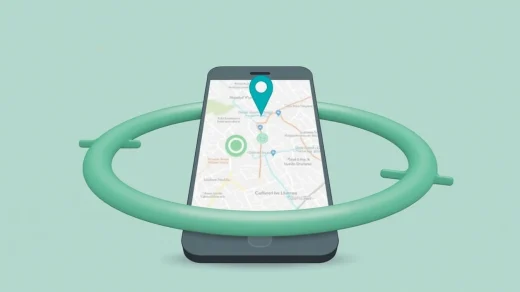In today’s digital age, personal information is a valuable commodity that can be easily bought and sold without an individual’s knowledge or consent. This is where data brokers come into play. These companies specialize in collecting, aggregating, and selling consumer data to third parties for various purposes, including targeted advertising, market research, and background checks. Understanding what data brokers are and how they operate is crucial for maintaining online privacy. This article will delve into the world of data brokers, explaining their functions, the types of information they collect, and most importantly, providing a step-by-step guide on how to opt out of their databases.
Understanding Data Brokers
Data brokers are businesses that compile consumer data from various sources, such as public records, social media profiles, online shopping habits, and more. They then package this information into detailed dossiers that can be sold to third parties. The data broker industry is vast and largely unregulated, with some estimates suggesting there could be over 4,000 companies operating in the United States alone.
The types of information collected by data brokers are extensive and often quite personal. They may include your name, address, phone number, email addresses, social media activity, purchase history, income level, family composition, and even intimate details like health conditions or political affiliations. By aggregating this data, data brokers can create a comprehensive profile of each individual, which can be used to make decisions about creditworthiness, employment suitability, or targeted marketing campaigns.
How Data Brokers Obtain Your Information
Data brokers employ a variety of methods to gather consumer information. Some of the most common sources include:
1. Public records: Vital statistics like birth certificates, marriage licenses, and property deeds are all public records that data brokers can access.
2. Social media: Facebook, Twitter, Instagram, and other social networking sites are treasure troves of personal data for data brokers.
3. Purchase history: Data brokers can purchase consumer transaction data from retailers, credit card companies, and online platforms like Amazon or eBay.
4. Loyalty programs: Frequent shopper cards and membership rewards programs often share customer data with third-party vendors.
5. People search sites: Platforms that allow users to look up personal information about others are a common source of data for brokers.

The Impact of Data Broker Activities on Consumer Privacy
The widespread use of consumer data by data brokers raises significant privacy concerns. When your personal information is collected and sold without your knowledge or consent, it can lead to:
1. Targeted advertising: Based on your browsing history, purchase patterns, and demographic information, you may be subjected to intrusive and personalized ads across the internet.
2. Identity theft: If a data broker’s database is compromised, hackers could gain access to sensitive personal details that can be used for fraudulent purposes.
3. Discrimination: Data brokers may sell consumer profiles to employers or insurers, who could use the information to make biased decisions about hiring, promotions, or policy rates based on factors like age, gender, race, or health status.
4. Invasion of privacy: When personal details are shared with countless third parties, it can feel like a violation of one’s privacy and autonomy.
Opting Out of Data Broker Databases
While the data broker industry is vast and often opaque, there are steps you can take to minimize your presence in their databases:
1. Review and update your social media settings: Ensure that your profiles on platforms like Facebook, Twitter, and LinkedIn are set to private, and only share information with trusted connections.
2. Use privacy-enhancing tools: Consider using browser extensions or VPNs to encrypt your online activity and limit the data that can be collected about you.
3. Manage your cookies: Regularly clear your browser’s cookies and adjust your settings to reject third-party tracking cookies.
4. Opt out directly with data brokers: Many data brokers provide an “opt-out” option on their websites, allowing you to request that they remove your personal information from their databases. Keep in mind that this process may need to be repeated regularly, as new data can be collected over time.
5. Freeze your credit: Placing a freeze on your credit file with the major bureaus (Equifax, Experian, and TransUnion) will prevent unauthorized access to your credit history, which is a common source of consumer information for data brokers.
Data brokers play a significant role in the modern digital landscape, collecting and selling vast amounts of personal consumer data. While this practice raises serious privacy concerns, understanding what data brokers are and how they operate can help individuals take control of their online presence. By being mindful of your social media settings, using privacy-enhancing tools, managing cookies, opting out directly with data brokers, and freezing your credit when necessary, you can work to minimize the amount of personal information available in these databases. As technology continues to evolve, so too will the methods for protecting our online privacy. By staying informed and taking proactive steps to safeguard our personal data, we can help ensure that our digital lives remain secure and true to our own intentions.





